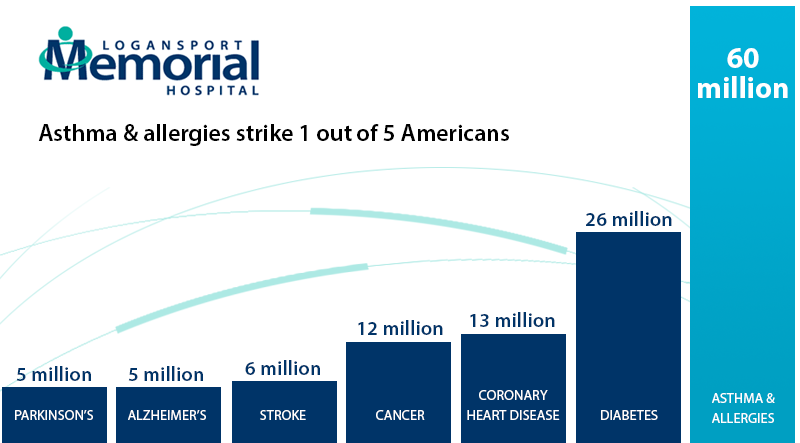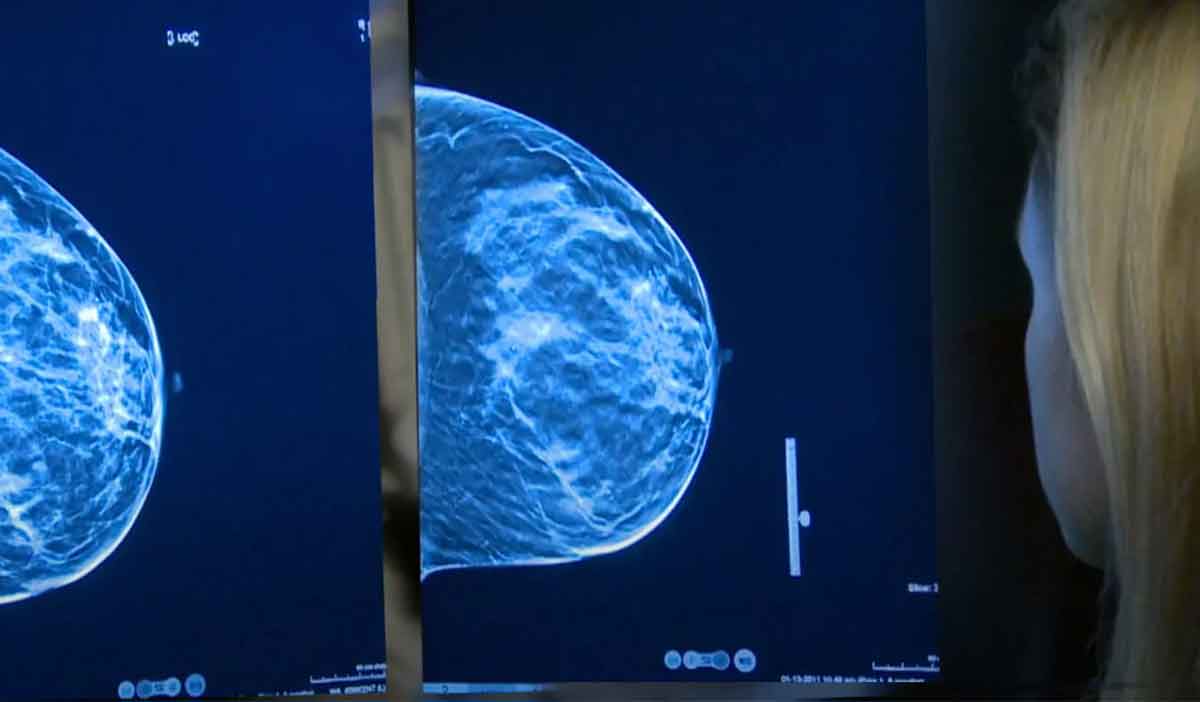Asthma is a condition in which a person's airways become inflamed, narrow, and swollen making it hard to breath. It's a very common disease that affects people of all ages. Asthma is sometimes caused by allergies. It sometimes starts in childhood, but adult-onset asthma is also common. Women who suffer from asthma have some particular challenges as they live with this condition.

What do women need to know about asthma?
Asthma is clearly a common disease that affects millions of people. Every day in America:
- 44,000 people have an asthma attack.
- 36,000 kids miss school due to asthma.
- 27,000 adults miss work due to asthma.
- 4,700 people visit the emergency room due to asthma.
- 1,200 people are admitted to the hospital due to asthma.
- 9 people die from asthma.
While children with asthma often suffer its symptoms in response to an allergen or irritant, adults with asthma typically experience persistent asthma symptoms that need regular attention. If you are experiencing the following symptoms regularly, talk to your doctor about asthma:
- Dry cough, especially at night or in response to specific "triggers"
- Tightness or pressure in the chest
- Difficulty breathing
- Wheezing or a whistling sound when exhaling
Fast facts from the Asthma & Allergy Foundation of America

Managing your asthma
Asthma is a very manageable disease for most people. Once your doctor determines you have asthma, you can discuss a health plan to keep the symptoms at bay. Your physician can help you learn which triggers to avoid, how to know when an asthma attack is coming on, and things you can do to minimize your attack.
Special concerns for women with asthma
Women face different challenges with asthma than men. Pregnancy, menstrual cycles, and menopause all changes the ways asthma can affect a woman. Hormones in particular can dramatically impact how a known trigger can affect a woman's ability to breathe.
Hormones themselves are not asthma triggers but they can change the way the body responds to inflammation which, in turn, can aggravate asthma symptoms. Women with asthma should monitor their monthly cycle to help understand when their asthma triggers might be higher. When going through menopause, women should also talk to their doctor about how their fluctuating hormone levels might affect their asthma. It's also not unusual for adult-onset asthma to strike women in menopause - even if they've never has asthma before.

Pregnancy and asthma
Just as with the hormone-changing cycles noted above, pregnancy certainly affects a woman's hormone levels which, in turn, can affect their asthma reactions. Not all women experience worse asthma during pregnancy, but definitely talk to your OB/GYN about the fact that you have asthma. Asthma maintenance medications - even if you're not on them normally - might be advised while pregnant to improve your chances of not having an asthma attack while pregnant.
Take your asthma seriously
The additional risk factors noted above make asthma a more serious issue for women than men. If you are female and suffer from asthma, talk to your doctor about the best ways to maintain you health. Asthma is a very manageable disease when treated properly.




